PV: Doctor, how do you evaluate the educational access opportunities of ethnic minority children in the Central Highlands in recent years?
Dr. Nguyen Dinh Tuan : It can be affirmed that, in recent years, our Party and State have always paid attention to education, which is demonstrated through the promulgation of policies and guidelines to expand access to education for people, especially people in ethnic minority and mountainous areas.
For the Central Highlands, many priority programs and policies have been implemented, from investment in building a system of schools (including boarding and semi-boarding schools for ethnic minorities), equipment, developing a team of teachers, bilingual education to tuition exemptions, scholarships, support for meals, housing, education credits, recruitment...
Regarding the system of solid schools, there has been a significant increase. As of 2019, 86.4% of schools and 83.4% of classrooms in the Central Highlands have been solidified. The number of ethnic minority teachers participating in teaching also tends to increase.
From 2012-2021, the number of ethnic minority teachers directly teaching increased by 15.3%, especially high school teachers increased by 26.3%. This helps children easily access, receive appropriate psychological and cultural support, and promote learning motivation.
In addition, the distance from home to school has been shortened thanks to investment in transport infrastructure and arrangement of the school network. In 2022, on average, ethnic minority children in the Central Highlands will only have to travel 2.1 km to primary school, 3.6 km to secondary school and 10.9 km to high school, a significant reduction compared to before.
These changes have brought about positive changes in the access to education for ethnic minority children in the Central Highlands. The rate of children attending school and attending school at the right age has increased at all levels, of which the rate at primary school has reached 99.2% - close to the national average; narrowing the gap in access to education between girls and boys.
Chemistry practice class of 8th grade students at Ethnic Boarding School ( Dak Lak ) (Photo: Quy Trung/VNA)
PV: So what are the biggest problems that are preventing ethnic minority children in the Central Highlands from accessing education today, sir?
Dr. Nguyen Dinh Tuan: Through a survey in 3 Central Highlands provinces (Dak Lak, Gia Lai , and former Lam Dong) in 2020, we identified a number of issues that directly affect the educational access opportunities of ethnic minority children.
Firstly, the cost of education remains a barrier to children’s opportunity to go to school, especially those from poor households. Although many students are exempted from tuition fees and receive support for meals and housing, non-tuition expenses such as uniforms, books, extra classes, etc. still account for a significant proportion of total educational expenditures of households.
In 2022, education spending in the Central Highlands accounted for 9.5% of household spending - the highest in the country - while per capita income was only VND3,281,800/month, much lower than the national average.
In the three localities we surveyed in 2020, up to 59.7% of primary school parents said they had difficulty paying for their children's education, while the rates for secondary and high school students were 61.4% and 65.1%, respectively.
Second, although the geographical distance and time to school have improved significantly in recent times, in many places due to rugged terrain and difficult transportation, especially during the rainy season, it is still difficult for children in this area to go to school.
According to the 2020 survey results, at the high school level, 55.7% of respondents said their children had difficulty going to school because the school was far away, and 47.2% because of difficult roads.
Third, family factors and children themselves also influence learning opportunities. Many families do not care about their children's education, or let their children drop out of school to work or get married early.
According to the results of the 2022 Vietnam Living Standards Survey by the General Statistics Office, the rate of students dropping out of school or not attending school due to not liking to study, not being able to study, or parents not caring in the Central Highlands is quite high at 78.6% and 52.0%, respectively.
Finally, we cannot fail to mention the language barrier, especially for preschool and primary school children. Our survey results show that more than 55% of preschool children and nearly 50% of primary school children of ethnic minorities have difficulty communicating in the common language.
This leads to children not being able to keep up with the lessons, directly affecting their ability to absorb knowledge, leading to low self-esteem and the risk of dropping out of school.
PV: From your perspective, what are the consequences if ethnic minority children have limited access to education?
Dr. Nguyen Dinh Tuan: As we know, education plays an important role in the quality of human resources. From the perspective of human development (HD), limited access to education will affect people's physical and mental capacity. If children are limited in their access to education, it will lead to many negative consequences.
Over the years, our Party and State have always paid attention to the education of ethnic minority children.
First, they will be limited in their capacity, skills, knowledge and future career opportunities. Many studies have also shown that the lower the level, the more difficult it is to access stable jobs with good income, and the ability to participate in the high-value labor market is limited. This can easily lead to a vicious cycle of poverty, and lead to the risk of social inequality.
In turn, limited access to education affects the acquisition of knowledge about health care, nutrition, life skills and community integration not only for themselves but also for family members.
Especially in the context of rapid development of science - technology and digital transformation today, if ethnic minority children are not equipped with basic knowledge, they will fall further behind, making it difficult for them to integrate and participate in social fields.
Limited access to education for ethnic minority children can also lead to the risk of early marriage, early childbirth, early labor... which directly affects the quality of the population and the quality of human resources.
In addition, this situation also reduces the effectiveness of policies on developing ethnic minority human resources that the State is investing in.
PV: In your opinion, to expand access to education for ethnic minority children in the Central Highlands, what issues need to be focused on solving?
Dr. Nguyen Dinh Tuan : I think it is necessary to synchronously implement the following solutions:
Firstly, continue to invest in upgrading and building schools in remote areas, especially at the secondary and high school levels; expand ethnic boarding schools to reduce the pressure of distance and tuition costs for families.
Second, starting from the 2025-2026 school year, the policy of exempting all tuition fees for students from kindergarten to high school in public schools nationwide will have positive impacts on the schooling opportunities of many children.
However, for ethnic minority children, there should be policies to support costs other than tuition fees such as books, uniforms, transportation, and research to expand the beneficiaries of food and housing support.
Third, continue to prioritize training and recruiting ethnic minority teachers; implement appropriate bilingual education programs to help students easily access general knowledge and reduce language barriers.
Fourth, strengthen communication and mobilization so that ethnic minority parents are fully aware of the role of education and encourage their children to go to school. At the same time, continue to promote the role of localities in propaganda and mobilization work to encourage ethnic minority children living in extremely difficult areas to go to school at the right age.
Finally, there should be policies that prioritize investment in developing the economy of ethnic minority households, because when the economy is stable, parents will have the conditions and motivation for their children to study long-term.
PV: Thank you very much!
Source: https://phunuvietnam.vn/tay-nguyen-nhieu-thach-thuc-trong-tiep-can-giao-duc-cho-tre-em-vung-dan-toc-thieu-so-20250805105114214.htm



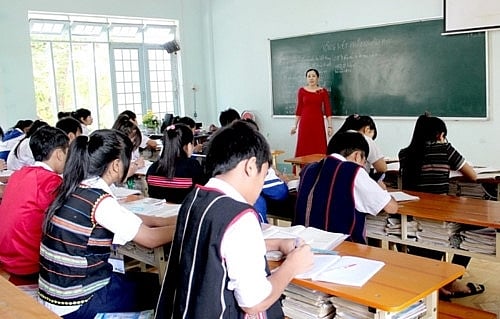


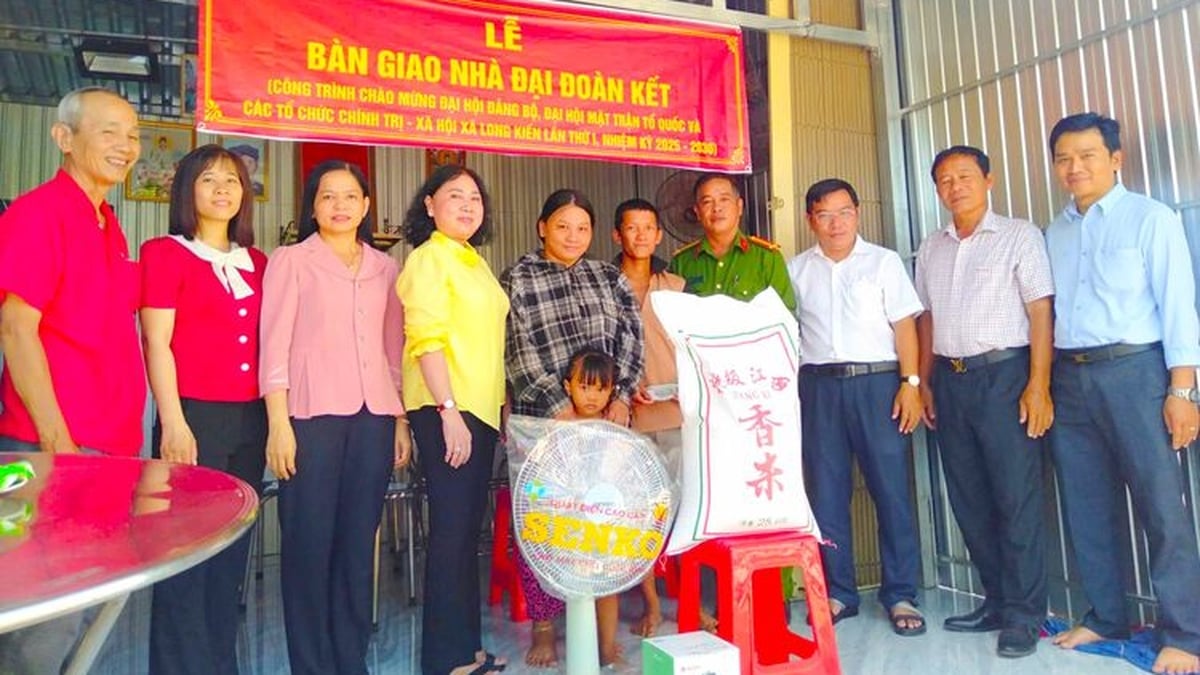




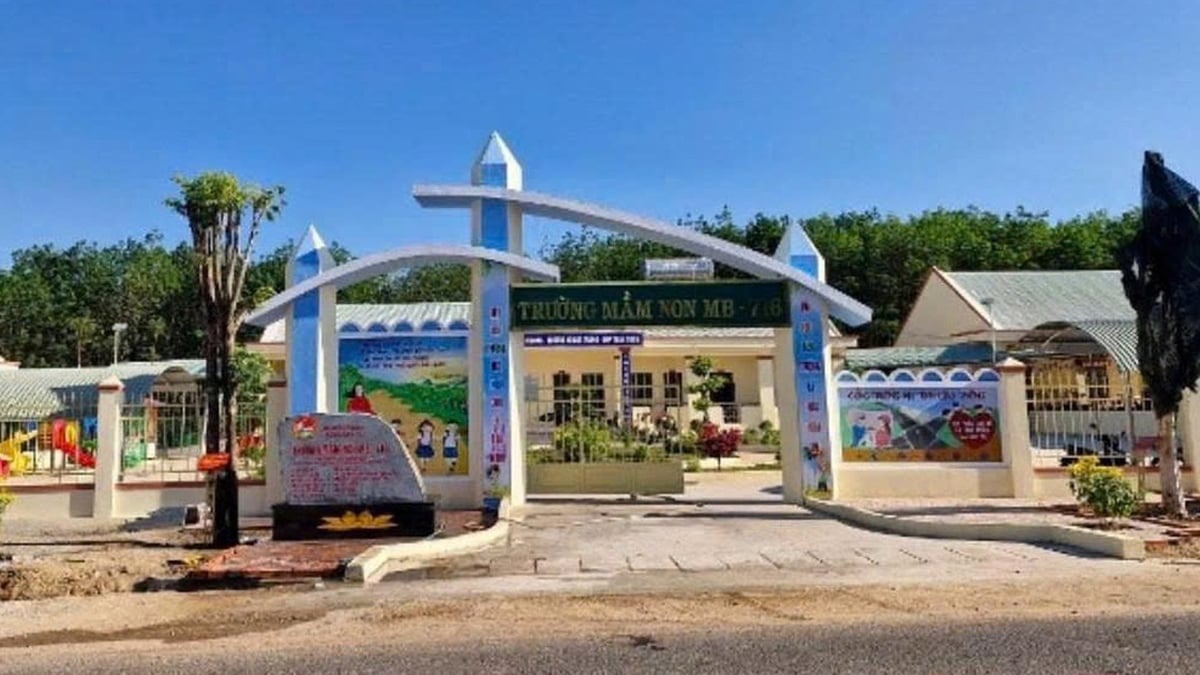
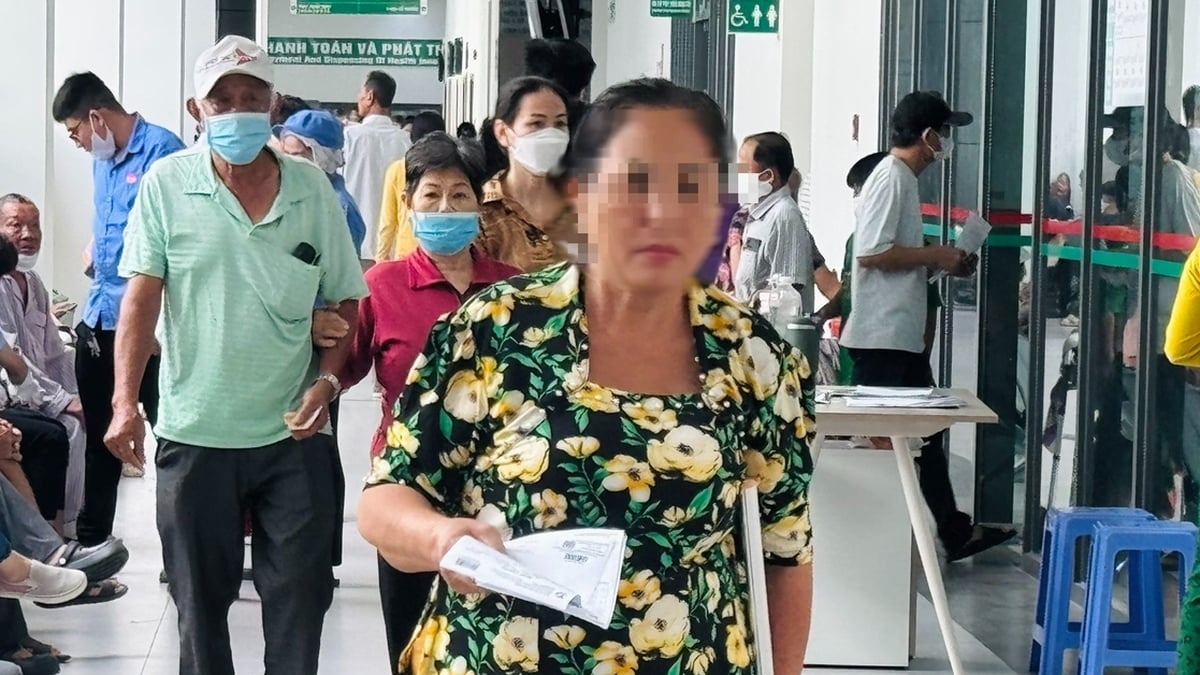
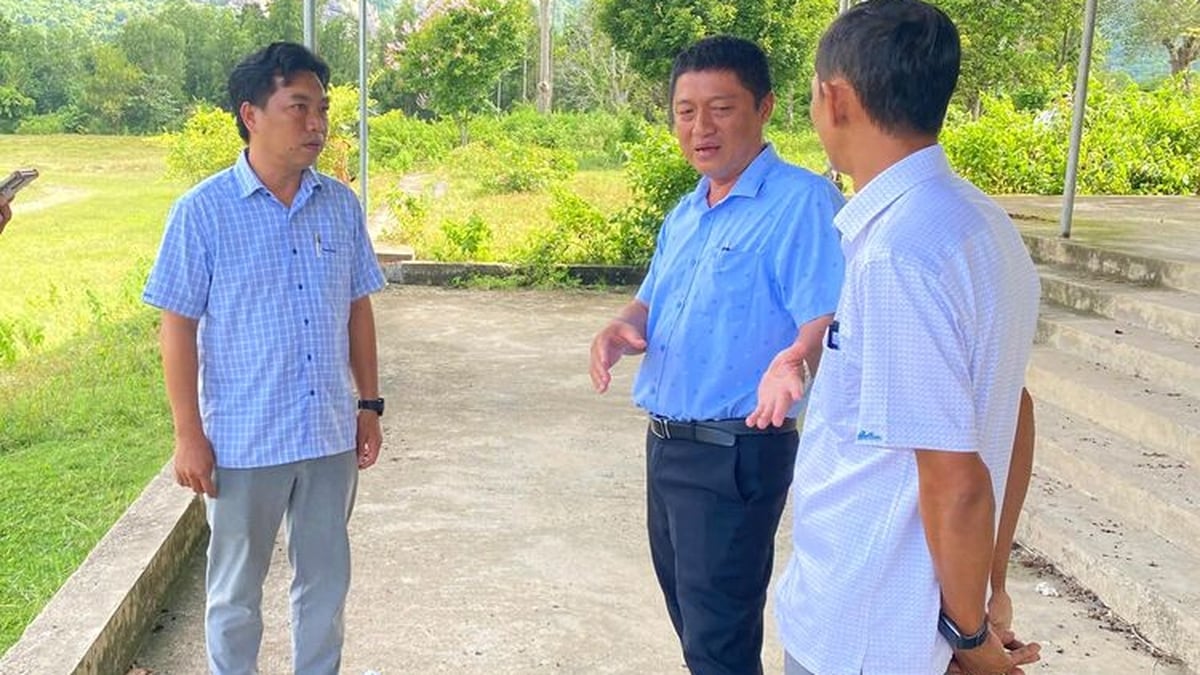


















































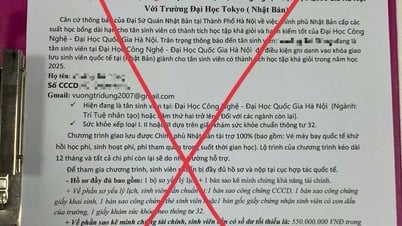






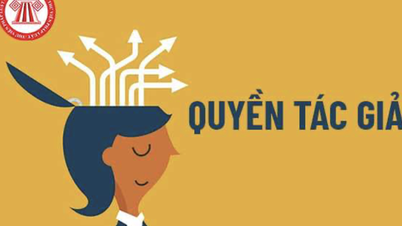




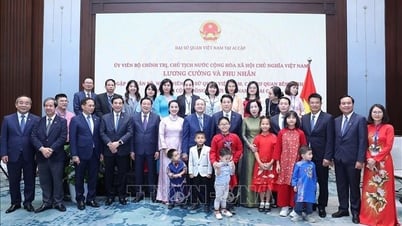
























Comment (0)